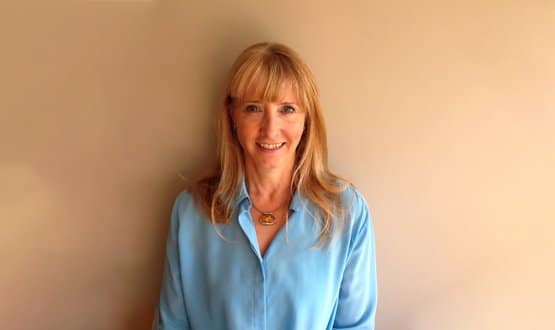Who are PRSB and what is their role in digital health?
- 10 July 2017

The Professional Record Standards Body (PRSB) is an organisation that was established back in 2013 to ensure that there are consistent standards for care records.
The aim of the organisation, which is funded by NHS Digital, is to develop clinical standards for health and care records, as approved by the Academy of Royal Medical Colleges.
All standards are developed with patients, health and social care workers to ensure they meet clinical needs which are then adopted by professionals.
Chief executive Lorraine Foley said it allows for information to be collected and recorded in a consistent way in all clinical and professional records.
“Having this common format and content means that information systems across health and care can identify and retrieve the right information when it is needed, to facilitate effective and safe care”, Foley said.
“For example, a patient who has recently left A&E will have their full discharge summary sent to their GP, with detailed information about their condition”.
“This means the doctor and other carers will be able to provide a better care package at home, avoiding hospital readmission and providing a better experience for the person receiving the care.”
Recently the PRSB published the revised e-discharge summary standard which will be adopted by hospitals across the country.
Foley said the standard has been developed to enable hospitals to quickly send information digitally to GPs after a patient is discharged from care, to facilitate good ongoing treatment.
In line with this integration, the PRSB is working with the North-West London Collaboration of Clinical Commissioning Groups (CCGs) to develop the digital care and support planning standard.
[themify_box icon=”info” color=”gray”]
Purpose of care record standards in the world of digital health:
- Define and describe what information is recorded and where
- Allows information to be accessed easily by any authorised person who needs it, wherever they are
- Everyone has access to the same up-to-date information exactly as it was recorded, so they can provide the best possible treatment and care
- PRSB works with trusts across the UK to implement standards, so that standardised digital information sharing becomes the norm
- Long-term, the PRSB hopes that the use of standards will lead to better, safer care in a joined-up health and social care system
[/themify_box]
Foley said it is to ensure that care plans can be effectively shared between patients, carers and all health and care professionals involved in the person’s care.
“Creating a standard for generic care planning will enable people to manage their own care, with the support of a wide range of services, from GPs to hospitals, occupational therapy and social care”, Foley said.
She said the standard will help patients and health and care professionals to get the right information when they need it, in order to personalise care, and improve the experience for the patient, their carer and their families.
“While the initial standard will focus on generic care planning, there will be further development in specialist care areas in future.”
The organisation is currently working on a standard for child health events, in collaboration with NHS Digital.
“The PRSB is developing the information sharing requirements for the community child health record which includes the Healthy Child Programme, as part of the NHS England Digital Child Health Strategy”, Foley said.
“It will mean that birth details, immunisation records and the outcome of developmental reviews will be shared digitally with health care professionals, and also made available to parents/carers through the personal electronic child health record (known as the e-red book)”.
If you would like to learn more about PRSB visit theprsb.org or email info@theprsb.org





1 Comments
“Long-term, the PRSB hopes that the use of standards will lead to better, safer care in a joined-up health and social care system”
As a patient, I fail to understand why standards were not implemented a decade ago, not just a vague “hope” for the future. Other industries impose standards.
Actually, I do understand. The delay is because, on one side, clinicians and hospitals have never been interested in communicating digitally with other bits of the NHS, and bodies like the PRSB and its predecessors take a namby-pamby attitude to imposing standards. And NHSE has never given standards bodies enough teeth.
In the meanwhile, patient safety is compromised.
Comments are closed.